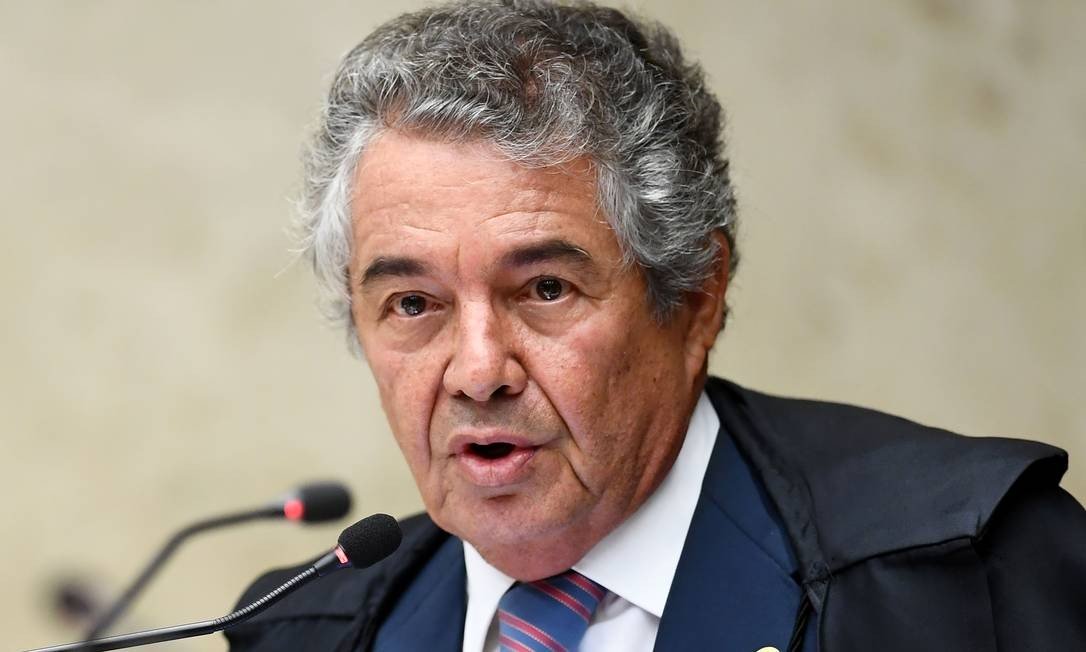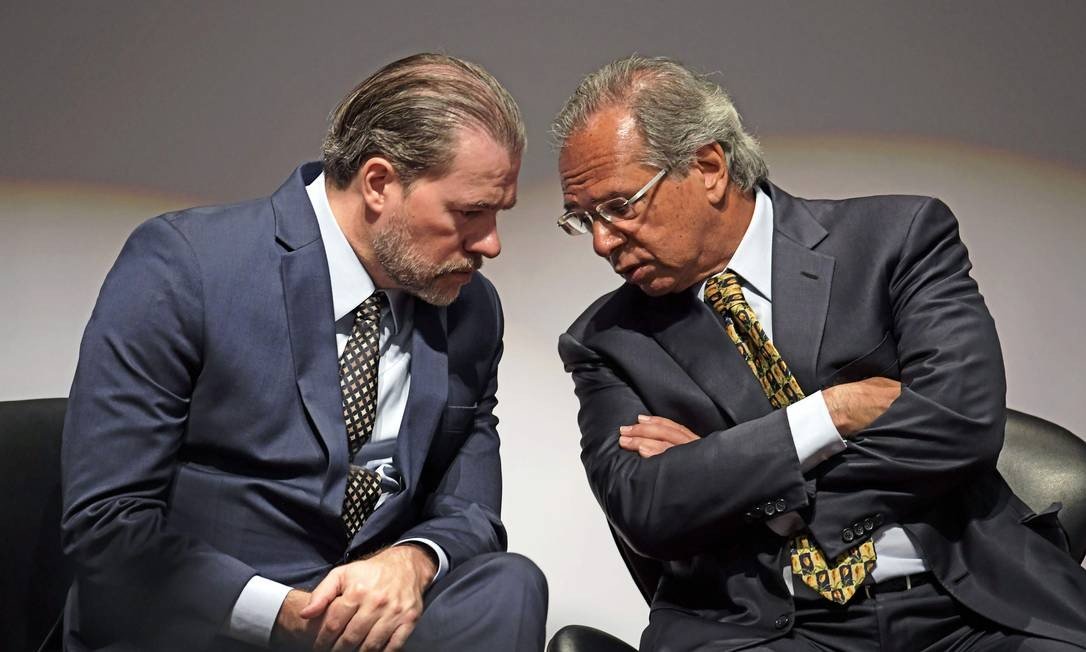RIO DE JANEIRO, BRAZIL – Rio Grande do Sul has the second-largest judicial debt in Brazil, totaling R$10.5 billion (US$2.6 billion). In São Paulo, the balance exceeds R$23 billion. Overall, the two states combined owe R$71.7 billion.

A constitutional amendment enacted in 2017 set the end of 2024 as the deadline for the regional governments to settle the liabilities related to judicial debt and determined that the Federal Government would provide a subsidized line of credit to settle the remaining balance. The debt arises from cases where plaintiffs have been successful but the courts have not returned the funds deposited with them by plaintiffs to ensure their right to appeal.
However, according to the economic area, the amendment left loopholes in interpretation. While the Federal Government maintains that the line of credit should only finance what remains of judicial debt at the end of 2024, after all the efforts made by states and municipalities to lessen this liability, the indebted regional governments would like the money to be made available immediately.
According to government experts, the amendment should be reshaped and then regulated, paving the way for the creation of a line of credit. However, Federal Supreme Court (STF) justice Marco Aurélio Mello recently ordered the government to immediately open a line of credit of up to R$623.5 million for Maranhão to pay off its debt in judicial cases, totaling R$1.462 billion.
The federal government has appealed the decision favorable to Maranhão, but there is now concern that other states will get the same benefits.
Minas Gerais, for instance, confirmed the request to also be benefited with a line of credit — up to R$ 659 million — claiming that its claim is “identical” to that of Flávio Dino’s government in Maranhão and that the states are experiencing a “severely unbalanced financial environment.”
The government of Minas Gerais owes R$3.6 billion in judicial debt. The case is pending a decision by STF Justice Cármen Lúcia.

According to Estado newspaper, the apprehension regarding the payment of judicial bonds was one of the main issues discussed in a meeting last week between Economy Minister Paulo Guedes and STF Presiding Justice Dias Toffoli, to address legal actions between the federal government and state governments.
So far, the only state to have seen its request granted by the STF is Maranhão, headed by governor Flávio Dino. The governor became the target of criticism from President Bolsonaro and is one of the left-wing candidates expected to run for the presidency in 2022.
Several Justices
The controversy surrounding the loan demonstrates the practical effects of the “lottery” that defines the rapporteurs of the states’ requests to the STF — depending on which justices the court’s electronic system “draws” to judge each case, the claim may be granted or rejected.
Over the past few months, claims similar to that of Maranhão had already reached the Court but ended up being denied individually by other justices.

